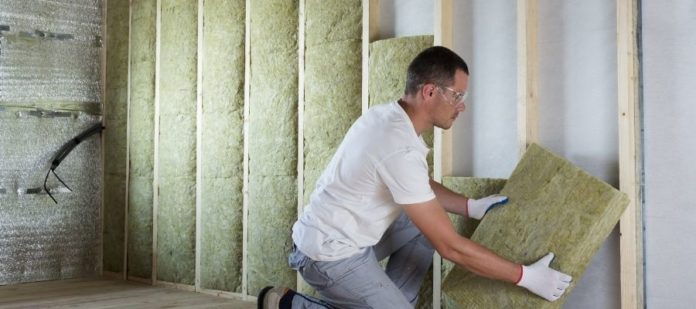Insulating your home properly has numerous benefits. In addition to increasing the comfort of your home by blocking the flow of heat, insulation can reduce your monthly energy bill, decrease your carbon footprint, and increase the value of your home. If you’re interested in enjoying these benefits, here are some factors to consider when insulating your home.
The R-Value of the Insulation Material
When choosing an insulation material to install in your home, one of the most important factors to consider is R-value. The R-value of an insulation material indicates how effective it is at blocking the flow of heat into and out of your house. The higher the R-value, the more effective it will be at insulating your space. Examples of insulation materials with high R-values include closed-cell spray foam, mineral wool, cotton batts, and fiberglass batts insulation.
Water and Flame Resistance
The water and flame resistance of the materials are also important factors to consider when insulating your home. If you plan on installing your insulation in an area of your home prone to leaks, such as your basement, you may want to invest in waterproof insulation material. That way, if the insulation does get wet, you won’t have to rip all of it out and replace it. Similarly, if you want to install insulation in an area of your home with more fire hazards, such as the kitchen, opting for a flame-resistant insulation material can protect your home and its residents.
Which Contractor to Enlist
You should also think about which insulation contractor you’ll enlist. While you could try to install insulation on your own, doing so without professional experience can have numerous consequences, such as property damage, ineffective insulation, and increased health and safety risks. As such, we highly suggest hiring an expert. To find the right insulation contractor for the job, make sure to look into their references, reviews, experience level, and licenses.
The Cost
Perhaps the most obvious factor to consider is the cost. Make sure that the type of insulation you desire is within your budget. Ask the contractor for an estimate of the project’s total cost. Getting this estimate is essential to avoiding any unpleasant surprises after the project has been completed.























